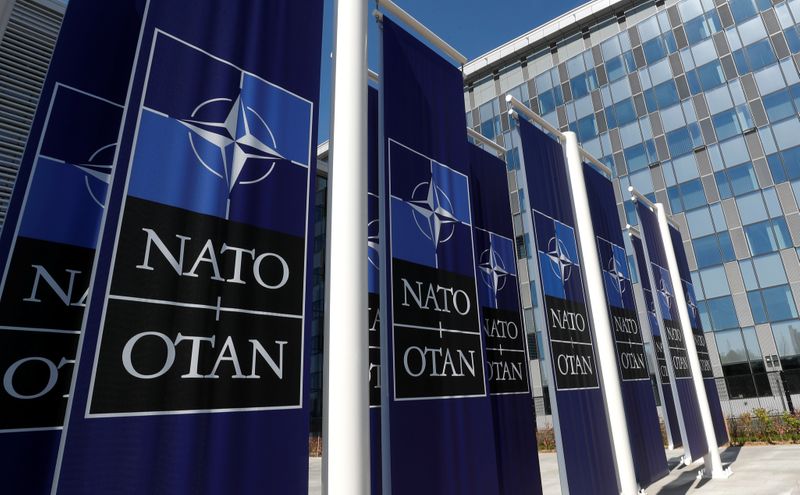BRUSSELS (Reuters) - NATO envoys will discuss the future of the Open Skies treaty on Friday after the United States announced it would quit the 35-nation pact that allows unarmed surveillance flights over member countries, an official of the defence alliance said.
Senior officials in President Donald Trump's administration, which says Russia has repeatedly violated the treaty's terms, said on Thursday that Washington would formally pull out of Open Skies in six months.
The U.S. move deepens doubts about whether Washington will seek to extend the 2010 New START accord, which imposes the last remaining limits on U.S. and Russian deployments of strategic nuclear arms to no more than 1,550 each. It expires in February.
U.S. allies in the North Atlantic Treaty Organization (NATO) have pressed Washington not to leave the Open Skies pact, whose unarmed overflights are aimed at bolstering confidence and providing members forewarning of surprise military attacks.
The NATO official recalled concern raised at a 2018 summit of alliance leaders that "Russia's selective implementation" of Open Skies was undermining their security.
"In particular, we are concerned that Russia has restricted flights over certain areas," the official said. "Allies continue to consult closely on the future of the treaty and the North Atlantic Council will meet today to discuss the issue."
